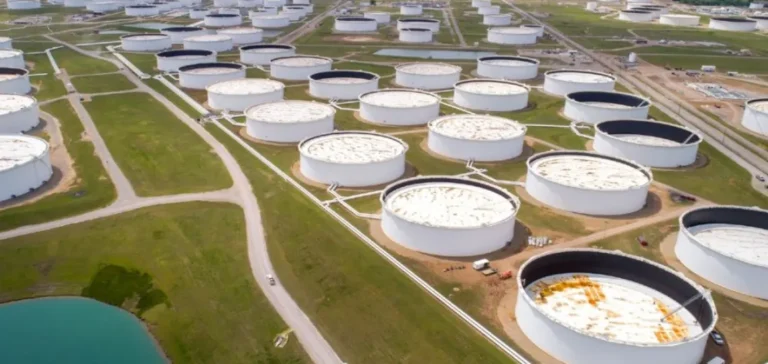The latest update of the Global Energy Policies Hub by the International Energy Agency (IEA), published on 10 July, lists 5 000 policies across 84 jurisdictions. It reveals that strategic stockholding obligations now cover 98 % of net oil imports, compared with 1 % in 1973. In total, 61 jurisdictions currently require reserves equal to 90 days of imports, a threshold introduced by the IEA in 1974. Mandatory demand-restraint plans have almost the same reach, giving governments an immediate lever when markets are disturbed.
Strengthening oil reserves
Since 1991, 40 countries have adopted or tightened their storage rules to respond to successive crises, from the Gulf War to Russia’s full-scale invasion of Ukraine in 2022. These new adherents bring an additional 2 mn barrels per day of protected imports over the past decade. The coordinated releases of 2022 were rebuilt in 16 months, demonstrating the system’s flexibility. The IEA nevertheless notes that oversight remains uneven in several emerging economies, where audits and records are still limited.
The dynamic is similar for natural gas. The share of global flows covered by strategic storage rose from 11 % in 2021 to 32 % this year, driven by the European goal of filling storage caverns to 90 % each November and by Japan’s Strategic Buffer LNG framework. Outside the Organisation for Economic Co-operation and Development (OECD), only Chinese Taipei, Thailand, South Africa and Ukraine require stocks, leaving 98 % of demand in emerging economies without a safety net. More than 40 importers nevertheless possess legal instruments to cut consumption during a crisis, a trend spreading in South Asia and the Balkans.
Supply chains, efficiency and cybersecurity
Governments are now diversifying their action tools beyond fossil fuels. Energy-efficiency standards cover 130 countries, and more than 100 promote renewable generation, reducing dependence on oil and gas. The IEA tracks more than 600 measures dedicated to critical minerals, aimed at attracting capital, removing trade barriers and boosting recycling to secure batteries and permanent magnets. Initiatives from the European Union and Japan illustrate the drive to reduce the geographic concentration of value chains.
Cybersecurity is becoming a major battleground. In total, 71 countries impose minimum requirements on energy infrastructure, yet sector companies faced on average 1 500 attempted attacks per week in 2024, three times more than in 2020. For the IEA, the expansion of digital networks requires artificial-intelligence systems capable of detecting and neutralising intrusions in real time. At the same time, 55 governments have set up relief funds covering damage caused by natural disasters, a risk heightened by climate change and the growing complexity of grids.






















